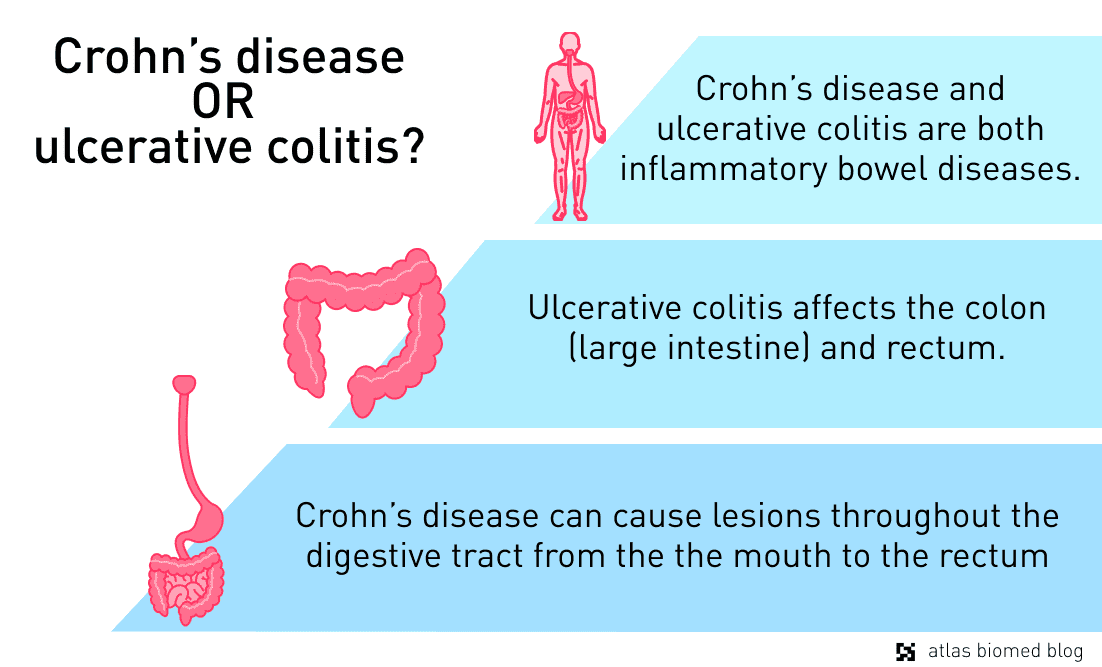Faecal calprotectin is a marker of intestinal inflammation that is mainly used in the diagnosis of Crohn's disease and ulcerative colitis. Find out how a calprotectin test works and what high levels of faecal calprotectin mean for your health in this article.
Lower digestive tract issues, like diarrhoea, constipation, bloating, and pain, are common problems. For healthcare providers, finding the cause of a patient’s digestive discomfort is particularly difficult because these symptoms are shared by a wide range of health conditions.
The faecal calprotectin test is part of the clinical toolkit used by doctors to determine the cause of digestive problems, especially those that affect the colon. Faecal calprotectin is a stable biomarker of inflammation found in a person’s stool that is commonly used to distinguish between inflammatory bowel disease and irritable bowel syndrome.
☝️DISCLAIMER☝This article is for informational purposes only. It is not intended to constitute or be a substitute for professional medical advice, diagnosis, or treatment.
Table of contents
- What is faecal calprotectin?
- What causes high calprotectin levels?
- Calprotectin levels range
- Faecal calprotectin false-positive
- Faecal calprotectin test
- How long does a faecal calprotectin test take?
What is faecal calprotectin?
Faecal calprotectin is a byproduct of inflammation that is triggered by the immune system in the gut. When the gut’s defence system detects pathogens, it uses inflammation to attract immune cells to the digestive system. This can also happen in autoimmune diseases like Crohn’s disease and ulcerative colitis, which are members of the inflammatory bowel disease group.
In early stages, gastrointestinal inflammation attracts neutrophils, immune cells that prevent harmful bacteria from invading the damaged tissue and causing an infection. Neutrophils do this by degranulation, a process in which they release antimicrobial substances, enzymes, and fibers that trap pathogens.

Calprotectin is a protein with antimicrobial properties that is released by neutrophils as these immune cells defend damaged gut tissue. It is a stable protein that is not degraded by the digestive system, which means that it is still present in the stool of a person suffering from gastrointestinal inflammation.
Faecal calprotectin testing is a reliable way to check patients for active inflammation in the digestive tract when diagnosing intestinal symptoms. In particular, it helps doctors distinguish between irritable bowel syndrome, a functional disorder that doesn’t cause damage to the digestive tract, and inflammatory bowel disease, in which there are lesions on the gut lining.
☝TIP☝ Discover your microbiome protection profile for Crohn's disease and ulcerative colitis with the Atlas Microbiome Test.
What causes high calprotectin levels?
High calprotectin levels are a sign of inflammation, and part of the evidence a doctor uses in the risk assessment for different diseases. When elevated calprotectin is detected in a person’s stool, it helps the doctor to narrow down the list of potential causes and identify the correct diagnosis.
Common causes of high calprotectin levels include:
- Crohn’s disease
- ulcerative colitis
- ischemia (insufficient blood supply)
- infections
- cancer
- non-steroidal anti-inflammatory medications
Faecal calprotectin testing is not used for all of these health conditions because there are often more suitable diagnostic tools. It is mainly used for differentiating between irritable bowel syndrome and inflammatory bowel disease.
Calprotectin levels range
The National Institute of Health and Care Excellence (NICE), which sets the standards for healthcare practice in the UK, identifies three tiers in the faecal calprotectin range: low, intermediate, and high-risk.
| Risk level | Calprotectin level (mcg/g) |
|---|---|
| Low | Below 100mcg/g |
| Intermediate | 100-250mcg/g |
| High | Over 250mcg/g |
Normal calprotectin levels (low) combined with digestive symptoms are often presumed to be caused by irritable bowel syndrome. A person with intermediate calprotectin levels may have to take a second test to rule out a false-positive result. Further testing may be recommended in the case of high calprotectin levels to identify the cause of inflammation.
Faecal calprotectin false-positive
False-positive calprotectin results are a risk with this type of test. In particular, non-steroidal anti-inflammatory drugs, including over-the-counter ibuprofen and prescription medications, can raise faecal calprotectin levels, leading to a false positive.
☝TIP☝ Always tell your doctor about any medications you are taking, including common painkillers, because they may have an effect on your diagnosis and treatment.
Ulcerative colitis and Crohn’s disease
Crohn’s disease and ulcerative colitis are part of the inflammatory bowel disease group. These autoimmune conditions cause bouts of severe inflammation that damage the gastrointestinal lining and cause bleeding.

NICE guidelines recommend that doctors use faecal calprotectin testing in the diagnosis of ulcerative colitis and Crohn’s disease. Doctors are recommended to use faecal calprotectin tests only in the absence of signs and symptoms suggestive of colorectal cancer.
☝Patients with high calprotectin levels may be asked to undergo a colonoscopy to check for damage in the intestinal lining, which is a sign of acute inflammation.
Faecal calprotectin test
The faecal calprotectin test requires the patient to collect a small stool sample. The sample is then analysed by a laboratory to identify the concentrations of calprotectin. This is done by an enzyme-linked immuno-sorbent assay.
How long does a faecal calprotectin test take?
According to NICE guidelines, the turnaround time for faecal calprotectin results is no more than three days. After verification of the lab data and quality assurance, the patient’s healthcare provider contacts the patient to share these results.

















